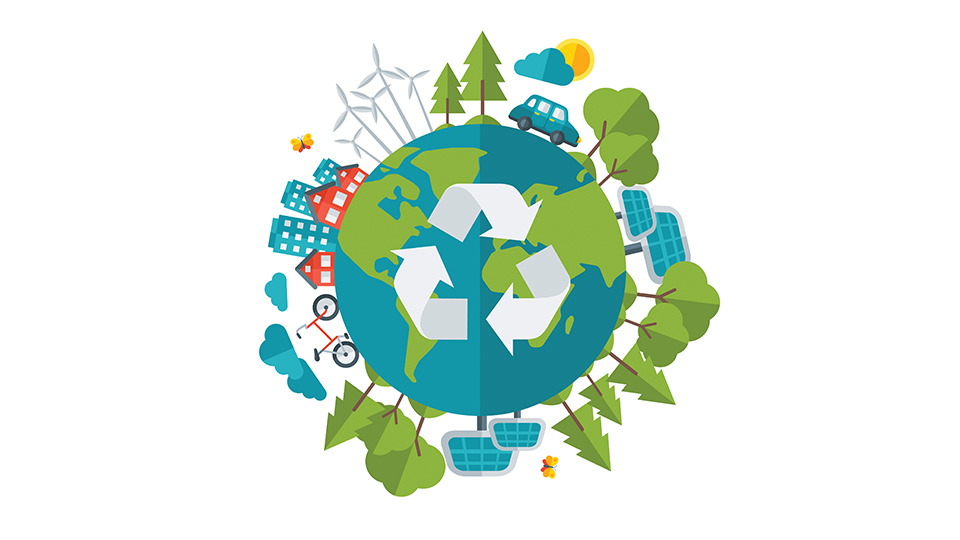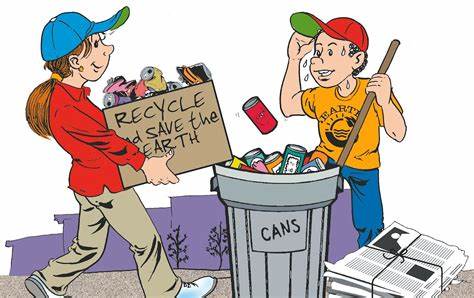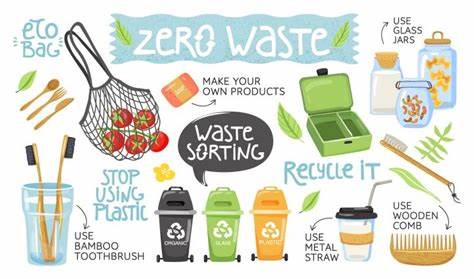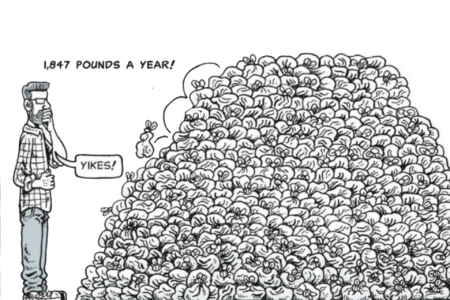
The Importance of Recycling and Sustainable Waste Management for Future Generations
Introduction
The topic of recycling and waste management holds immense importance and relevance in today’s world. As our global population continues to grow and consume resources at an alarming rate, it is crucial that we find sustainable solutions to manage our waste effectively. This article aims to shed light on the significance of recycling and waste management for future generations, highlighting its role in preserving the environment and ensuring a better future.
Historical Background
Throughout history, waste management practices have evolved significantly. From primitive methods of disposal to more sophisticated techniques, societies have adapted to the growing challenges of waste accumulation. Early recycling efforts also played a crucial role in minimizing waste and conserving resources.
Key Concepts and Definitions
To understand the importance of recycling and waste management, it is essential to define these terms. Recycling refers to the process of converting waste materials into new products, reducing the need for virgin materials. Waste management encompasses the collection, transportation, processing, and disposal of waste. Sustainable waste management practices focus on minimizing environmental impact and promoting resource conservation. The concept of a circular economy, where waste is seen as a valuable resource, is gaining traction as a potential solution.

Main Discussion Points
Benefits of recycling and sustainable waste management
Recycling and sustainable waste management offer numerous benefits. Firstly, they help reduce landfill waste and greenhouse gas emissions, mitigating the negative impact on the environment. Secondly, these practices conserve natural resources by minimizing the extraction of raw materials. Finally, recycling and waste management can stimulate economic growth and job creation in the recycling industry.
Importance of education and awareness
Education and awareness play a pivotal role in promoting responsible waste disposal habits. By educating individuals about the importance of recycling and waste management, we can encourage responsible behavior and reduce improper waste disposal. It is crucial to foster community participation and engagement, creating a sense of responsibility among citizens. Collaboration between government bodies, industries, and individuals is essential for creating effective waste management systems.
The role of technology and innovation
Advancements in waste sorting and recycling technologies have revolutionized the waste management industry. These technologies enable more efficient and effective recycling processes. Emerging technologies, such as chemical recycling and bioplastics, hold great potential for further improving waste management practices. Additionally, the integration of smart waste management systems can optimize collection and disposal processes.
The global impact of recycling and waste management
Recycling and waste management initiatives have gained global recognition due to their environmental benefits. International efforts and initiatives aim to promote recycling and waste management practices across countries. However, the transboundary movement of waste poses challenges and requires international cooperation. Developing countries face unique challenges in waste management, and the impact of inadequate waste management practices on their environment and health cannot be overlooked.

Case Studies or Examples
Examining successful recycling and waste management programs in cities or countries provides valuable insights into effective waste management strategies. Additionally, innovative initiatives addressing specific waste management challenges can serve as inspiration for other regions. Sharing experiences of communities transitioning to sustainable waste management practices can motivate others to take similar steps.
Current Trends or Developments
The adoption of extended producer responsibility (EPR) programs is gaining momentum worldwide. These programs hold manufacturers accountable for the entire lifecycle of their products, including their disposal. The zero waste movement, advocating for minimal waste generation, is also growing in popularity. Research findings on the environmental and economic benefits of recycling continue to strengthen the case for sustainable waste management.
Challenges or Controversies
Controversies surrounding waste incineration and landfilling exist due to their potential environmental and health impacts. Additionally, differing viewpoints on the effectiveness of recycling programs raise questions about their long-term viability. Implementing recycling infrastructure in developing countries can be challenging due to limited resources and infrastructure.

Future Outlook
The future of waste management holds promising advancements. Waste-to-energy technologies, such as anaerobic digestion and thermal conversion, offer potential solutions for converting waste into energy. Artificial intelligence and automation can optimize waste collection and sorting processes, improving efficiency. Adapting waste management systems to changing consumption patterns, such as the rise of e-commerce, will be crucial to ensure sustainable practices.
Conclusion
In conclusion, recycling and sustainable waste management are vital for future generations. By reducing landfill waste, conserving resources, and promoting responsible waste disposal habits, we can create a better environment for future generations. Collaboration, education, and technological advancements will be key in achieving sustainable waste management systems worldwide.




